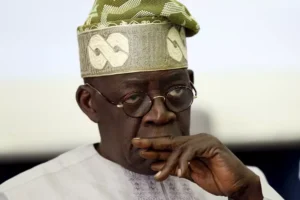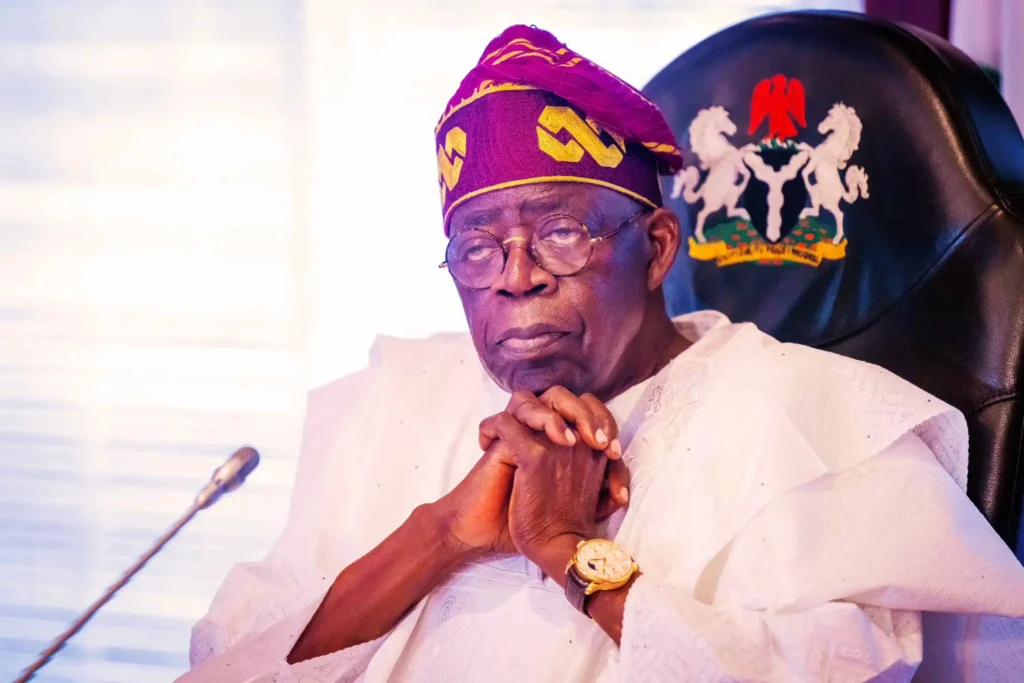Despite repeated calls from education advocates, global development agencies, and Nigerian stakeholders, the country’s allocation to education remains critically low—hovering around 7% of the national budget. This figure falls significantly short of the UNESCO-recommended benchmark of 15% to 20%, underscoring a chronic underinvestment in a sector seen as vital to national growth, security, and poverty reduction.
Education financing has consistently ranked among the lowest priorities in federal and state budgets, even as the country battles one of the highest out-of-school children rates in the world, declining learning outcomes, and deteriorating infrastructure across thousands of schools.

A Decade of Underfunding and Missed Targets
Since 2010, Nigeria’s education budget has failed to exceed 10% of total national expenditure in any given year. Even under successive administrations that have publicly acknowledged the importance of education, funding has remained stagnant or regressive, fluctuating between 5% and 8%.
For instance, in the 2024 federal budget, only ₦1.54 trillion was allocated to the entire education sector out of an over ₦27 trillion budget—just under 6% of total spending. Of this amount, a significant portion goes into salaries and overheads, leaving very little for infrastructure, instructional materials, teacher training, and innovation.
According to education economists and policy experts, the result has been a system unable to respond to 21st-century challenges, including the growing learning poverty among children and rising youth unemployment.
UNESCO Benchmark and the Consequences of Falling Short
The UNESCO Education for All (EFA) Framework recommends that developing countries allocate 15%–20% of their national budgets to education. This level of investment is considered the minimum required to improve access, equity, and quality at scale.
Failure to meet this benchmark, experts warn, puts Nigeria at a strategic disadvantage. The country struggles with:
-
Over 20 million out-of-school children
-
Learning poverty rates exceeding 70% in early grades
-
Worsening teacher shortages in public schools
-
Infrastructure decay and overcrowded classrooms
-
Weak technical and vocational training systems
In northern Nigeria, where insurgency and insecurity have crippled formal education systems, underfunding has left entire communities without functioning schools. Meanwhile, urban centers face overcrowded public schools, with class sizes of over 100 pupils per teacher in some areas.
Stakeholders Demand Urgent Intervention
Education advocacy groups, such as the Education Rights Campaign (ERC) and Civil Society Action Coalition on Education for All (CSACEFA), have repeatedly pressured the government to realign its fiscal priorities. These groups argue that until education receives the investment it deserves, Nigeria’s dream of becoming a developed, knowledge-based economy will remain distant.
Speaking at a recent education summit in Abuja, one education sector expert stated, “We’re running a 21st-century economy with a 20th-century school system. You can’t industrialize or digitize a nation on the back of chalkboards and unpaid teachers.”
Call for Comprehensive Budgetary Reform
Analysts suggest that increasing the education budget must be accompanied by efficiency in fund utilization, transparency in procurement, and a long-term national education financing strategy. Without these, simply pumping more money into the system could fail to produce desired results.
They recommend:
-
Introducing an Education Development Levy for high-income earners and corporations
-
Creating a National Education Investment Fund (NEIF) supported by both public and private sectors
-
Using Public-Private Partnerships (PPPs) to upgrade infrastructure and technology in schools
-
Incentivizing state governments to match federal investments in basic and secondary education
Tinubu Administration’s Education Agenda: Hope or Rhetoric?
President Bola Tinubu, in his campaign and early presidential statements, highlighted human capital development as a priority under his “Renewed Hope Agenda.” While recent initiatives like the 3MTT digital skills programme, out-of-school children recovery plan, and school feeding revival efforts have drawn praise, critics argue that without significant budgetary backing, these programs will struggle to scale or sustain.
In the words of a policy analyst, “Political will means nothing if it isn’t reflected in the budget. If we want to fix education, we must fund it.”
Looking Ahead: What Will It Take?
To reach the UNESCO target, Nigeria would need to double its current education budget allocation, bringing it to at least ₦4 trillion annually. This would allow for:
-
Building more classrooms and recruiting over 500,000 teachers
-
Providing free basic education materials and digital learning tools
-
Expanding vocational training centers and TVET institutions
-
Rehabilitating existing schools and investing in inclusive education
For a nation with the largest youth population in Africa, education is not optional—it is existential. Stakeholders agree that unless Nigeria urgently aligns its financial commitment with its policy ambitions, the dreams of millions of children and the future of the nation will remain at risk.
“Education must no longer be treated as charity in the budget,” one expert declared. “It must be treated as a national emergency.”







